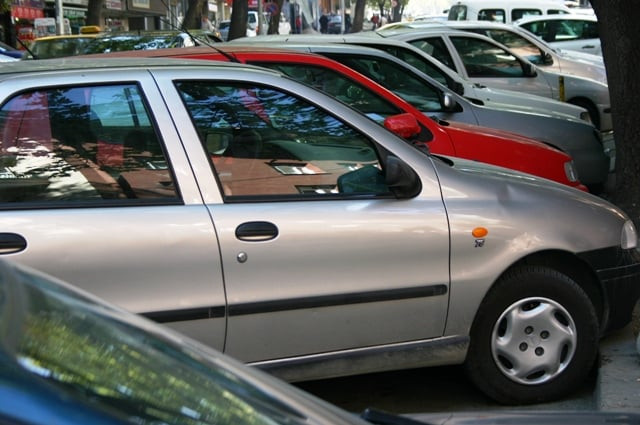Car sales may drop 20% after CNG ban
Suzuki earnings likely to fall 7% in fiscal 2012: report.

Car sales are expected to drop by 20% to 151,000 units in financial year 2012 owing to the government’s decision to ban import of compressed natural gas (CNG) kits and cylinders, according to KASB Securities.
Since automakers have two months of inventory stocked up, immediate sales and booked orders should not be affected, says a research note.
However, sales are expected to nosedive in the next three to six month period as a knee-jerk reaction to the decision, adds the note.
Pakistan is the largest user of Compressed Natural Gas (CNG) in the world, overtaking Iran, Argentina and Brazil in the number of vehicles using gas as fuel, replacing more polluting fuels, according to the economic survey 2010-11.
The Economic Coordination Committee (ECC) on Thursday banned import of CNG kits and sale of cars and LCVs with factory fitted CNG kits in a bid to conserve natural gas.
Sales of small vehicles should be the worst hit by the decision as these target cost-conscious buyers, says the note.
CNG has emerged as the proffered fuel for customers trying to control operating costs as CNG prices are fixed at 55% of petrol prices. CNG sales account for 11% of natural gas consumption in Pakistan.
Nearly 80% of small cars have factory fitted CNG kits while most of the new and imported mid-sized cars and LCVs are also converted to CNG after sale.
Suzuki to be hit the most
Following the decision, Pak Suzuki Motor Company and Indus Motors are expected to see a fall in their earnings.
Suzuki being the largest car manufacturer in the small car segment should be the worst hit from this decision, says the note. Indus will be relatively less-affected given its limited exposure to factory fitted CNG vehicles.
KASB Securities lowered Suzuki’s earnings per share by 7% and Indus Motor by 4% for 2012.
The decision comes in the aftermath of severe gas shortages in the country that have started to strain supply networks.
The government was considering either to completely ban import of CNG kits and cylinders, ban sale of factory fitted CNG vehicles and keep the option of aftermarket conversion open or apply imports duty on CNG kits, says the note. Banning of CNG kits and cylinders is the worst-case outcome for local automakers and not the best possible solution to the problem.
While automakers will not be able to sell CNG fitted vehicles, we do not rule out grey market gradually coming into play as the demand will persist until the government plugs the gap between CNG and petrol prices.
A total 2.74 million vehicles are running on CNG fuel in Pakistan which accounts for almost two-thirds of cars and small commercial vehicles, according to the International Association for Natural Gas Vehicles.
Published in The Express Tribune, December 17th, 2011.



















COMMENTS
Comments are moderated and generally will be posted if they are on-topic and not abusive.
For more information, please see our Comments FAQ